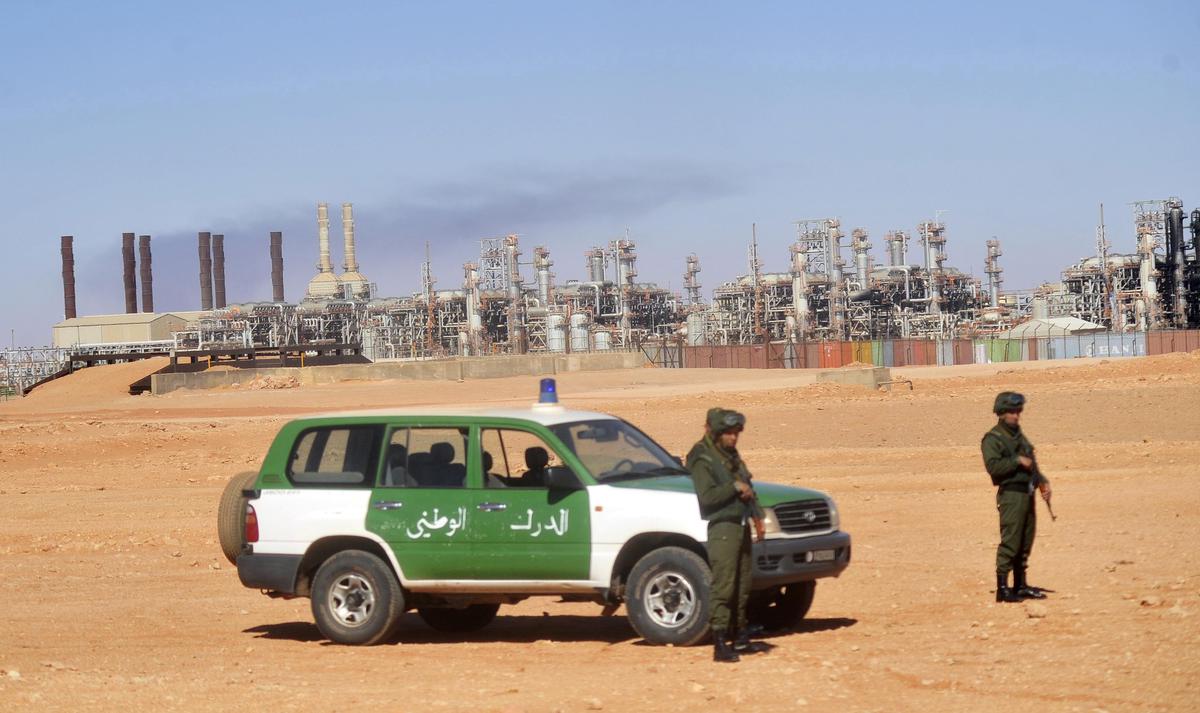
E.U. countries turn to Africa in bid to replace Russian gas
The Hindu
While Africa's natural gas reserves are vast and North African countries like Algeria have pipelines already linked to Europe, a lack of infrastructure and security challenges have long stymied producers in other parts of the continent from scaling up exports
A new liquefied natural gas project off Africa's western coast may only be 80% complete, but already the prospect of a new energy supplier has drawn visits from the leaders of Poland and Germany.
The initial field near Senegal and Mauritania's coastlines is expected to contain about 15 trillion cubic feet (425 billion cubic meters) of gas, five times more than what gas-dependent Germany used in all of 2019. But production isn't expected to start until the end of next year.
That won't help solve Europe's energy crisis triggered by Russia's war in Ukraine. Still, Gordon Birrell, an executive for project co-developer BP, says the development “could not be more timely" as Europe seeks to reduce its reliance on Russian natural gas to power factories, generate electricity and heat homes.
“Current world events are demonstrating the vital role that (liquid gas) can play in underpinning the energy security of nations and regions,” he told an energy industry meeting in West Africa last month.
While Africa's natural gas reserves are vast and North African countries like Algeria have pipelines already linked to Europe, a lack of infrastructure and security challenges have long stymied producers in other parts of the continent from scaling up exports. Already-established African producers are cutting deals or reducing energy use so they have more to sell to boost their finances, but some leaders warn that hundreds of millions of Africans lack electricity and supplies are needed at home.
Nigeria has Africa's largest natural gas reserves, said Horatius Egua, a spokesman for the petroleum minister, though it accounts for only 14% of the European Union's imports of liquefied natural gas, or LNG, that comes by ship. Projects face the risk of energy thefts and high costs. Other promising countries like Mozambique have discovered large gas reserves only to see projects delayed by violence from Islamic militants.
Europe has been scrambling to secure alternative sources as Moscow has reduced natural gas flows to E. U. countries, triggering soaring energy prices and growing expectations of a recession. The 27-nation E. U., whose energy ministers are meeting this week to discuss a gas price cap, is bracing for the possibility of a complete Russian cutoff but has still managed to fill gas reserves to 90%.











